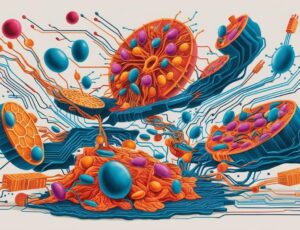
Understanding Social Dilemmas
Year Group 1994/95
About the theme group
The social dilemma paradigm binds two enduring questions about behavior in situations in which socially optimal allocations of resources cannot be supported by individual optimal behavior. Examples of these situations are the free rider problem, environmental pollution and many socio-economic problems such as the financing of an affordable health care system. The first question concerns the processes that support self-sacrificial cooperative behavior, behavior that benefits others at a cost to the cooperator. This is a problem of cooperation. The second question concerns the connections between actors’ behavior and the qualities of the collective system to which the actors belong. This is the micro-macro problem.
The theme group recognized the common (game theoretical) approach to study social dilemma’s to be insufficient and extended that line of research in two ways. First we provided an interdisciplinary applied analysis of the dilemma’s and policies facing the companies that provide drinking water in the Netherlands. This project has not only scientific value, but proved to be of immediate relevance for policy making in this area in the Netherlands. Second, we analyzed both formally and with the help of computer simulations, several models of the dynamical relations between micro level externalities and the characteristics of the system at the collective level.
The contribution of NIAS was that gradually unforeseen common research projects emerged between theme group members and their visitors who joined the research group with the help of NOW visitor grants.
Themegroup participants
-

Hegselmann, R.
Year Group 1994/95 -

Kahan, J.P.
Year Group 1994/95 -

Laan, G. van der
Year Group 1994/95 -

Liebrand, W.B.G.
Year Group 1994/95 -

Ruys, P.H.M.
Year Group 1994/95 -

Stokman, F.N.
Year Group 1994/95 -

Vasilèv, V.A.
Year Group 1994/95



